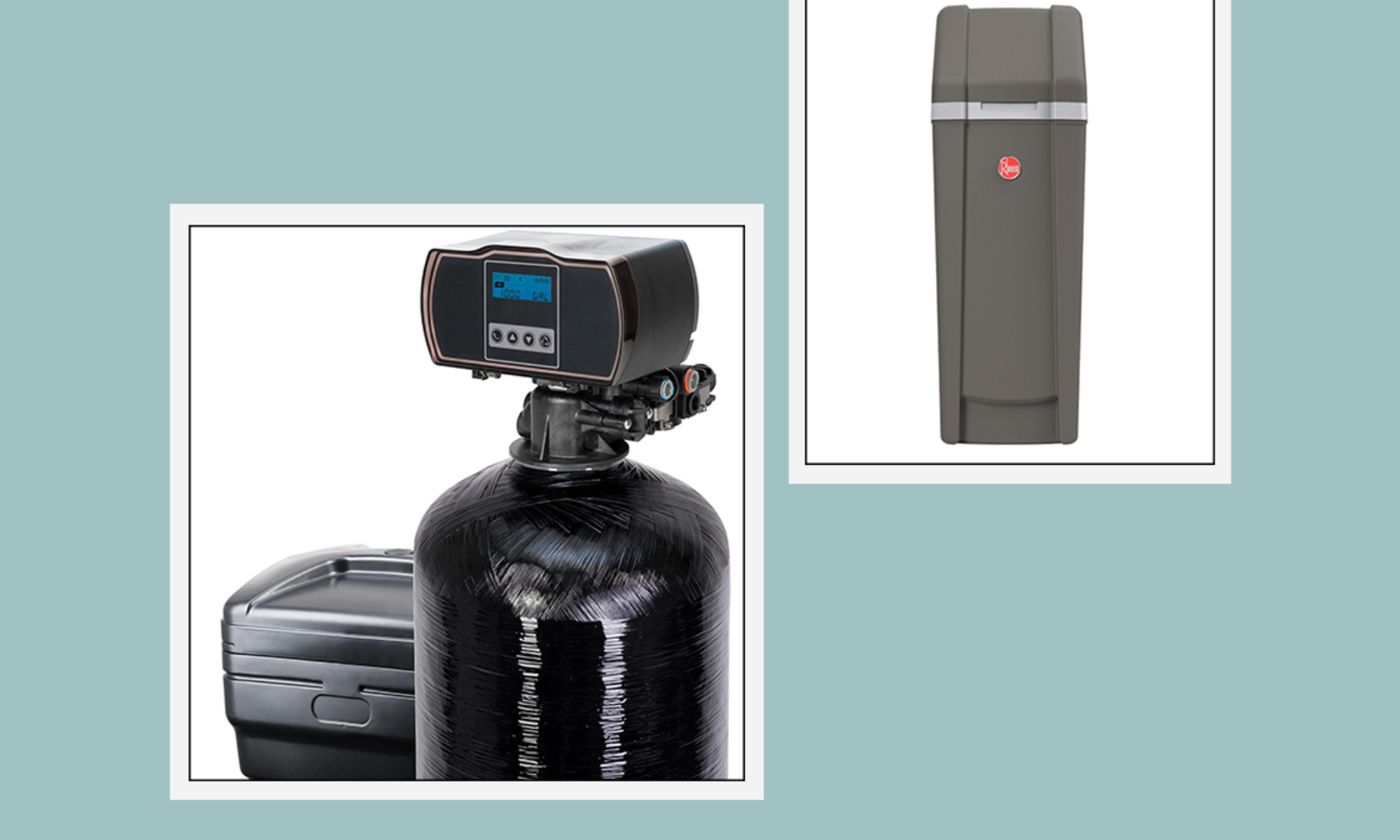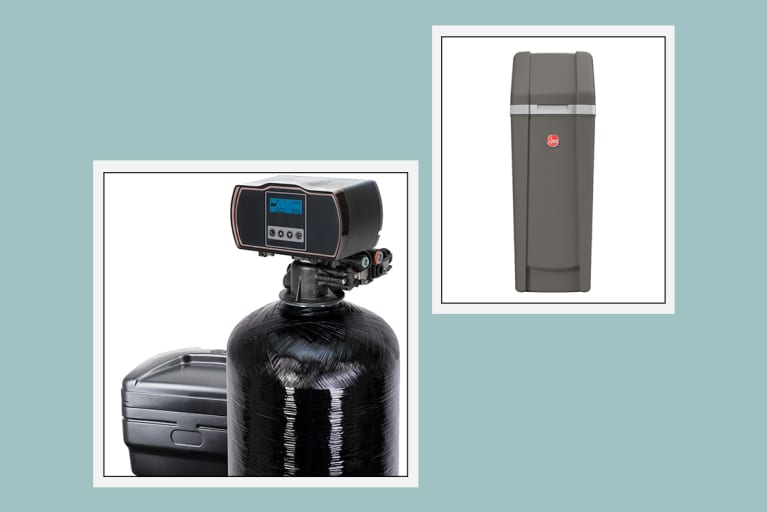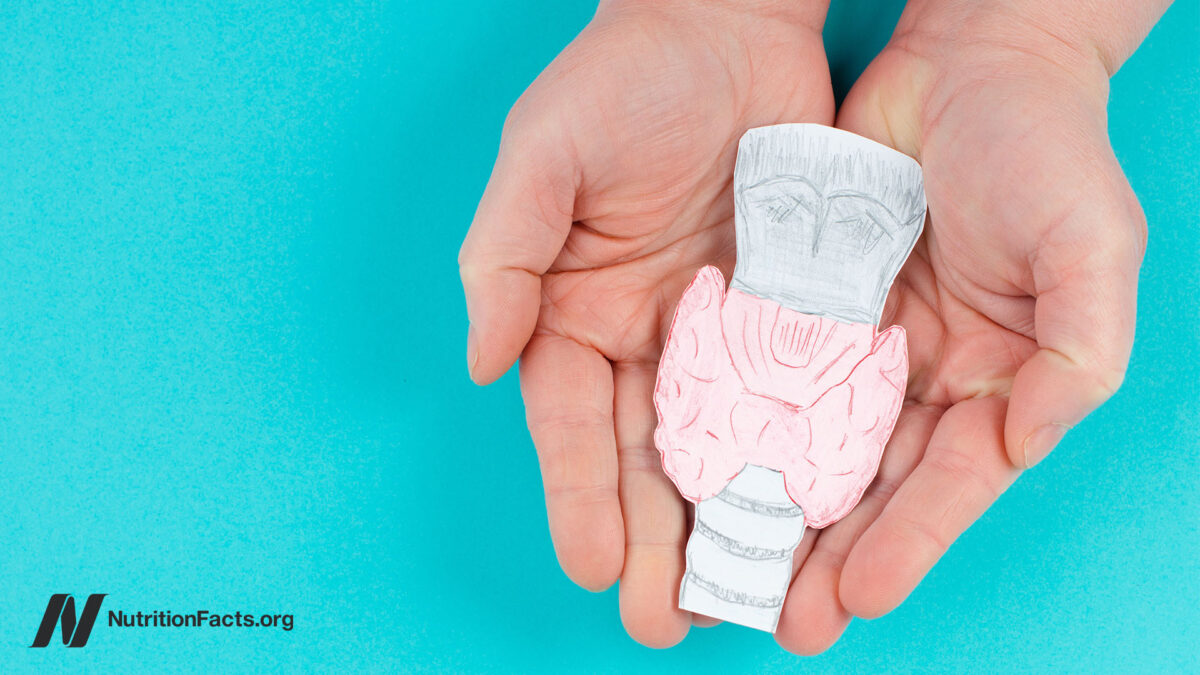Is Your Water Drying Out Your Skin & Hair? These Water Softeners Can Help
For softer water, hair, and skin.


Our editors have independently chosen the products listed on this page. If you purchase something mentioned in this article, we may earn a small commission.
October 6, 2022 — 13:30 PM
Have you ever unloaded your dishwasher only to find that your drinking glasses are covered in spots? Maybe you often feel a slimy residue on your hands post-wash, or your hair feels unusually dry or brittle. These could all be signs of hard water—which is not only annoying, but can also cause serious damage to your appliances and plumbing. The best water softeners can save your plumbing (and your sanity), by prolonging the life of your pipes, softening your hair and skin, and helping you feel cleaner after every shower.
The U.S. Geological Survey estimates that 85% of the country has hard water, and while drinking hard water won't kill you, bathing in it isn't great for your skin or your hair.
Keep scrolling to learn more about hard water and the benefits of a water softener, and to see our picks for the best water softeners.
Does the H2O from your tap come out cloudy? You can thank hard water. How "hard" your water is depends on the amount of dissolved minerals—namely calcium and magnesium—it contains. As water passes through soil and rock, it picks up these minerals along the way. The harder the water, the more minerals it has.
"These minerals can form a layer on the skin, causing dryness and itchiness, and exacerbating existing skin conditions such as eczema and psoriasis," says Brian Campbell, founder and chief water treatment expert at WaterFilterGuru.com. "When we shower in hard water, the calcium and magnesium buildup on our hair causes it to become dry and brittle and the color to fade."
Hard water also wreaks havoc on your home. The residue left behind by these minerals can reduce the lifespan of your appliances, clog your pipes, and even increase the cost of heating water.
A water softener is a device that removes minerals from hard water. There are a few methods water softeners use, but Campbell says the three most common are:
Salt-based ion exchange softeners: These work by exchanging the hardness minerals in water (primarily calcium and magnesium) for small amounts of sodium. According to Campbell, salt-based softeners are ideal for excessively hard water, such as well water.
Salt-free water conditioners: Salt-free water conditioners work by crystallizing the minerals in your water, and preventing them from sticking to surfaces.
Electromagnetic descalers: These water softeners alter the chemical structure of the minerals, so they can't adhere to surfaces.
By installing a water softener in your home, you can increase the efficiency of your pipes and water-based appliances, and even reduce the time it takes to heat up your water. Campbell reiterates that softer water is also beneficial for smoother skin and stronger, healthier looking hair, and can help your dishes come through the wash actually looking clean.
When your pipes are flowing with soft water, suddenly everything is better. Soap and shampoo lather more easily, and laundry feels softer to the touch. Making the swap is a simple way to elevate your everyday routine—and while some of the best water softeners may seem like a splurge now, installing one will save you money and time in the long run.
How we picked:
Size
Since some water softeners come with pretty sizable tanks, we made sure to include options for people who do and don't have the space to spare.
Grain Capacity & Hardness Removal
The grain capacity of a water softener refers to the number of grains of hardness it can hold, while the maximum hardness removal is the maximum amount of grains it can remove from your water. We prioritized softeners with high grain capacity and hardness removal, while also taking all other factors into account.
Price
Buying a water softener is an investment from your wallet, but also in your health! That said, it doesn't have to cost a small fortune. Our list has picks to fit all budgets.
Reviews
We read through hundreds of reviews from verified purchasers, to make sure we were considering feedback from a wide range of people.
Before you make any purchase decisions, test your water. Campbell recommends using an at-home test kit or having your water lab tested to figure out the exact hardness level. Test results will help determine which type of softener will be best for you, and what size you'll need.
Campbell also advises to check your local regulations regarding water softeners. “In some places, it is not legal to install an ion exchange system, so be sure to look this up first!" he explains.
FAQ
How do I know which water softener to buy?
The size and type of water softener you need depends on the hardness of your water and the space you have available. You can test the hardness of your water at home with a test kit or by sending a sample to a lab.
Is there a water softener that doesn’t use salt?
Yes—neither salt-free water conditioners nor electromagnetic descalers use salt to remove minerals from your water. Instead, they operate with methods to prevent mineral buildup.
Is a salt-free water softener better?
All water softeners work differently, so there's no easy answer. If you're worried about the environmental impact of salt, or the maintenance required to keep a salt-based water softener running, a salt-free water softener may be a better option for you. That said, the results will vary, too, depending on which model you opt for.
How long do water softeners last?
Again, it will depend on the model and type you choose, but a high-quality device that’s installed correctly should last anywhere from 10 to 20 years.
Are there any negative effects of using a water softener?
Water softeners are safe to use, but humans do need minerals in their diet. As is always the case, you'll want to make sure you're following a nutrient-rich diet. If you're on a low-sodium diet, you may think twice about using a salt-based water softener, or simply limit your water intake from that supply.
The best water softeners will elevate the H2O in your home, providing you with delicious, refreshing water, softer skin and hair, and fewer mineral messes to clean. Installing one in your home is one of the many simple-yet-impactful steps you can make to improve your health. For more water filtration needs, check out our picks for the best water filters.

 Aliver
Aliver 
































